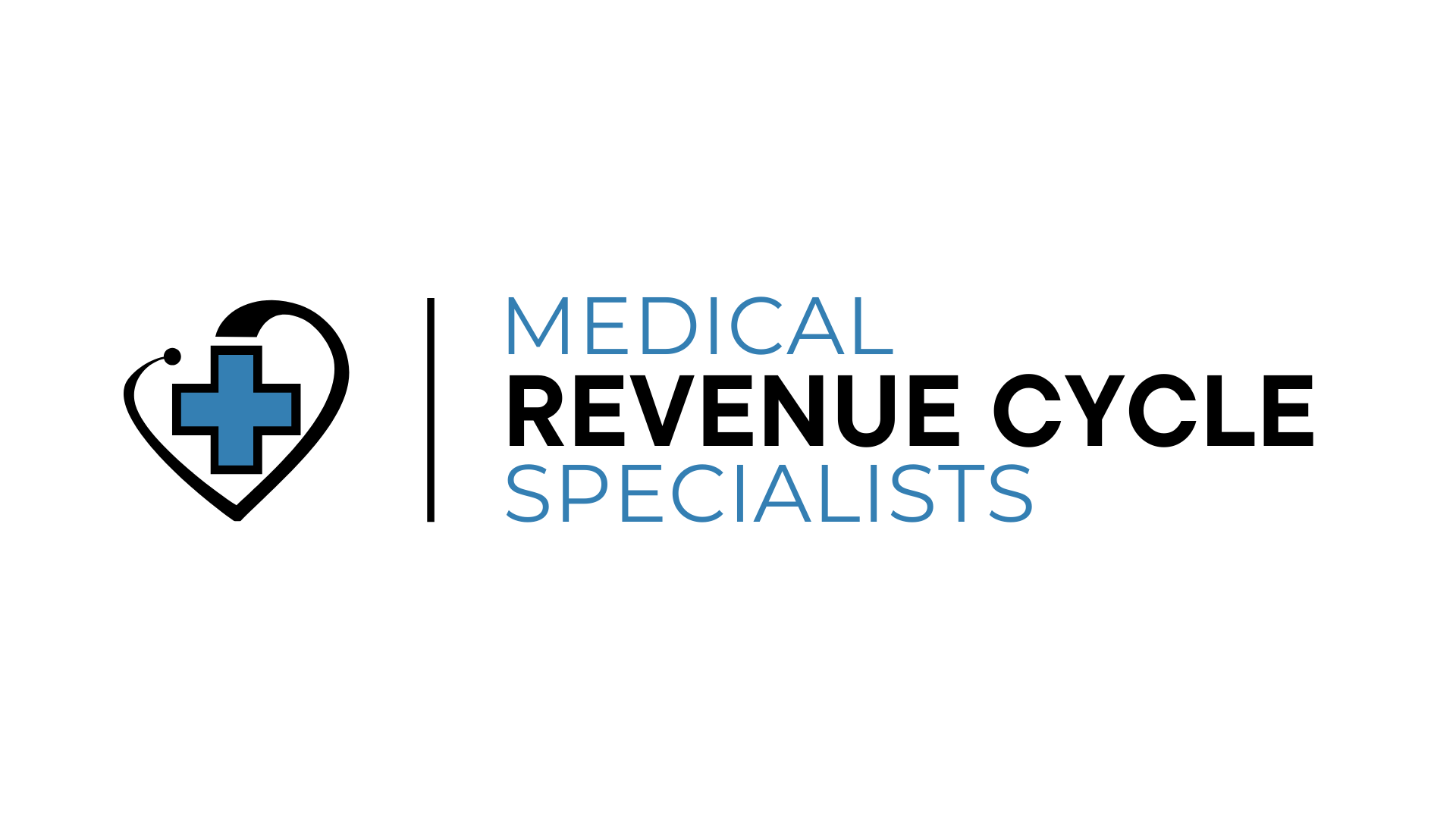What Is Coding & Risk Management and Why Is It Important?
- Nick Fernandez

- Jan 1, 2023
- 2 min read
Updated: Jun 30, 2023
In the ever-changing healthcare industry, organizations must maintain compliance with regulatory requirements while effectively managing risks. One significant aspect of this process is coding and risk management. In this blog, we will explore what coding and risk management entail, why they are essential for healthcare organizations, and how partnering with Medical Revenue Cycle Specialists can help you navigate these critical areas.
What Is Coding & Risk Management?
Coding and risk management encompass a range of activities that ensure healthcare organizations maintain compliance, optimize documentation accuracy, and minimize financial and operational risks. These practices involve coding and documentation audits, regulatory compliance leadership, and tailored training programs to enhance staff expertise.
Coding & Documentation Audits:
Coding and documentation audits are vital in maintaining compliance with applicable regulations. These audits often include clinical documentation improvement plans and customized coding training programs, enhancing overall accuracy and consistency. Medical Revenue Cycle Specialists comprises a team of industry-accredited certified professional coders and instructors who possess extensive experience in medical record documentation and coding. Through their expertise and advanced technology, they can assist your organization in achieving and sustaining compliance.
Regulatory Compliance Leadership:
Navigating the complex landscape of regulatory compliance requirements can be challenging for healthcare organizations. The Medical Revenue Cycle Specialists team specializes in providing regulatory compliance leadership, helping organizations understand and adhere to these intricate regulations. By developing robust compliance planning strategies and mitigating risks effectively, they ensure long-term sustainability for their clients. Their experience in representing clients during Medicare and commercial payer audits enables them to leverage past performance and provide valuable support in audit management.
The Importance of Coding & Risk Management:
Maintaining Compliance: Compliance with coding and documentation standards is crucial for healthcare organizations to avoid penalties, audits, and potential legal issues. Proper coding practices ensure accurate reporting and reimbursement, minimizing compliance risks.
Optimizing Reimbursements: Effective coding and risk management practices can help healthcare organizations maximize reimbursements. Accurate coding and documentation enable timely and appropriate claims submission, reducing the chances of claim denials and ensuring proper reimbursement for services rendered.
Reducing Operational Risks: By implementing comprehensive coding and risk management strategies, organizations can minimize operational risks associated with inaccurate coding, documentation errors, and non-compliance. This leads to streamlined operations, improved efficiency, and reduced financial liabilities.
Final Thoughts
Coding and risk management are integral components of a successful healthcare organization. Organizations can enhance financial performance, minimize risks, and ensure long-term sustainability by implementing robust coding practices, conducting regular documentation audits, and prioritizing regulatory compliance. Trust the expertise of Medical Revenue Cycle Specialists to guide your organization through the intricacies of coding and risk management, ultimately leading to improved operational efficiency and compliance.
Get Started with MRCS
Effective coding and risk management are pivotal for healthcare organizations to thrive in a complex regulatory environment. Partnering with Medical Revenue Cycle Specialists ensures access to experts dedicated to maintaining compliance, optimizing reimbursements, and reducing operational risks. Contact Medical Revenue Cycle Specialists today to learn more about how their services can benefit your organization.




Comments